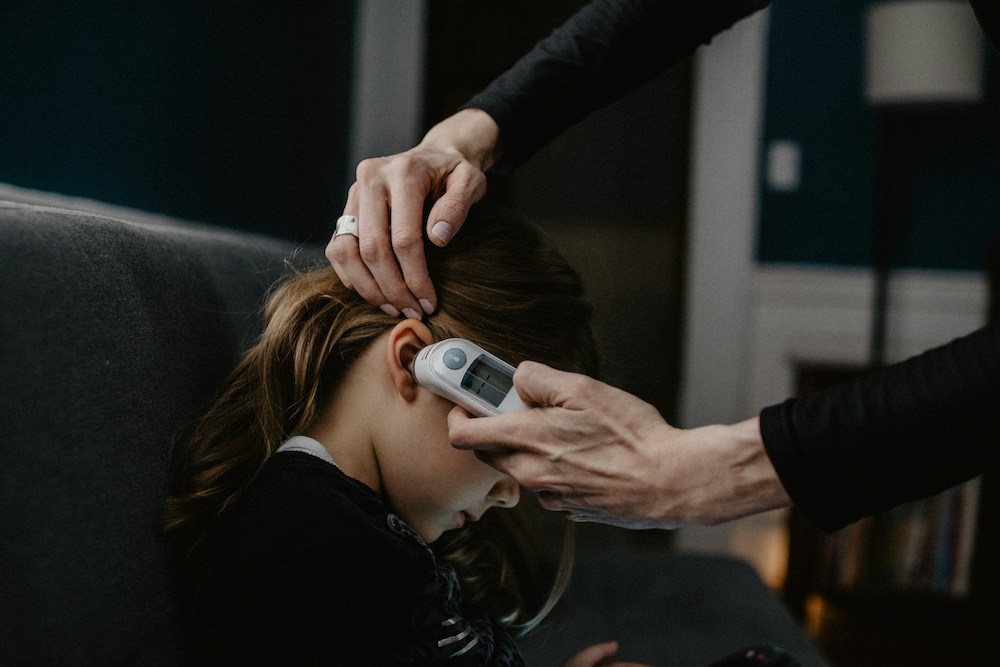The cold and flu season is here and cases of other respiratory illnesses like the common cold, RSV, and COVID-19 tend to increase around this time of year. Holiday gatherings, travel, weather changes, and spending more time indoors make the risk of contracting an infection even higher. That is why it’s essential to practice good hygiene and sanitary habits to reduce the spread of germs.
Encourage everyone in your family to regularly wash their hands with soap and water for 20 seconds. 20 seconds might seem like a short time, but it is longer than most people realize! To ensure that younger children are washing their hands well, supervise them and guide them on how to be thorough. You can even play 20 seconds of music so that they get a feel of how long the time is. Teach them to clean every surface of their hands with soap and in between their fingers. They should also learn how to rinse their hands completely.
While many stores sell antibacterial soaps, we recommend sticking to ordinary soap. Antibacterial soap is not more effective and can in fact kill off good bacteria and cause resistant bacteria to grow. When handwashing is not an option, using a hand sanitizer with at least 60% alcohol is a good alternative to getting rid of germs. Never allow younger children to use hand sanitizers alone. Accidental swallowing can cause poisoning and some children might inadvertently squirt the sanitizer into their eyes or mouth. You can also use hand wipes as another option. Any guest visiting should also wash their hands before interacting with your children. Children are more vulnerable to becoming sick as their immune system is still developing.
One of the most common ways that respiratory viruses spread is through airborne transmission. A good habit for your family to adopt is to always cover the nose and mouth while sneezing or coughing to decrease secretions going into the air. Advise your children to sneeze or cough into their sleeve/elbow or tissue instead of using their hands, since they can spread germs when touching objects or other people. Tissues should be thrown away immediately after use.
Making an effort to prioritize housecleaning is also important for killing germs and preventing illness. Items brought inside the household that are infected can spread the virus onto anything they touch. And viruses can survive on objects and surfaces for several hours to even a few days. You’ll want to make sure to regularly disinfect surfaces with warm water and cleaning sprays or wipes. If any member in the household is sick, it’s important that the bathroom is disinfected after they use it to prevent them from spreading illness. Keep cleaning solutions away from young children as their chemicals can be hazardous. Store the products in places that your children cannot access and always follow the warning labels on them.
Aside from objects and surfaces, be aware that some food can be contaminated with bacteria and germs. Raw vegetables and fruits should be washed thoroughly before consuming. Meat should be fully cooked as well. Never buy packaged food that isn’t sealed properly.
All of these cleaning and hygiene habits are good to practice all year round and are important for everyday health. But during sick season, it’s especially prudent to be extra mindful of germ prevention!




